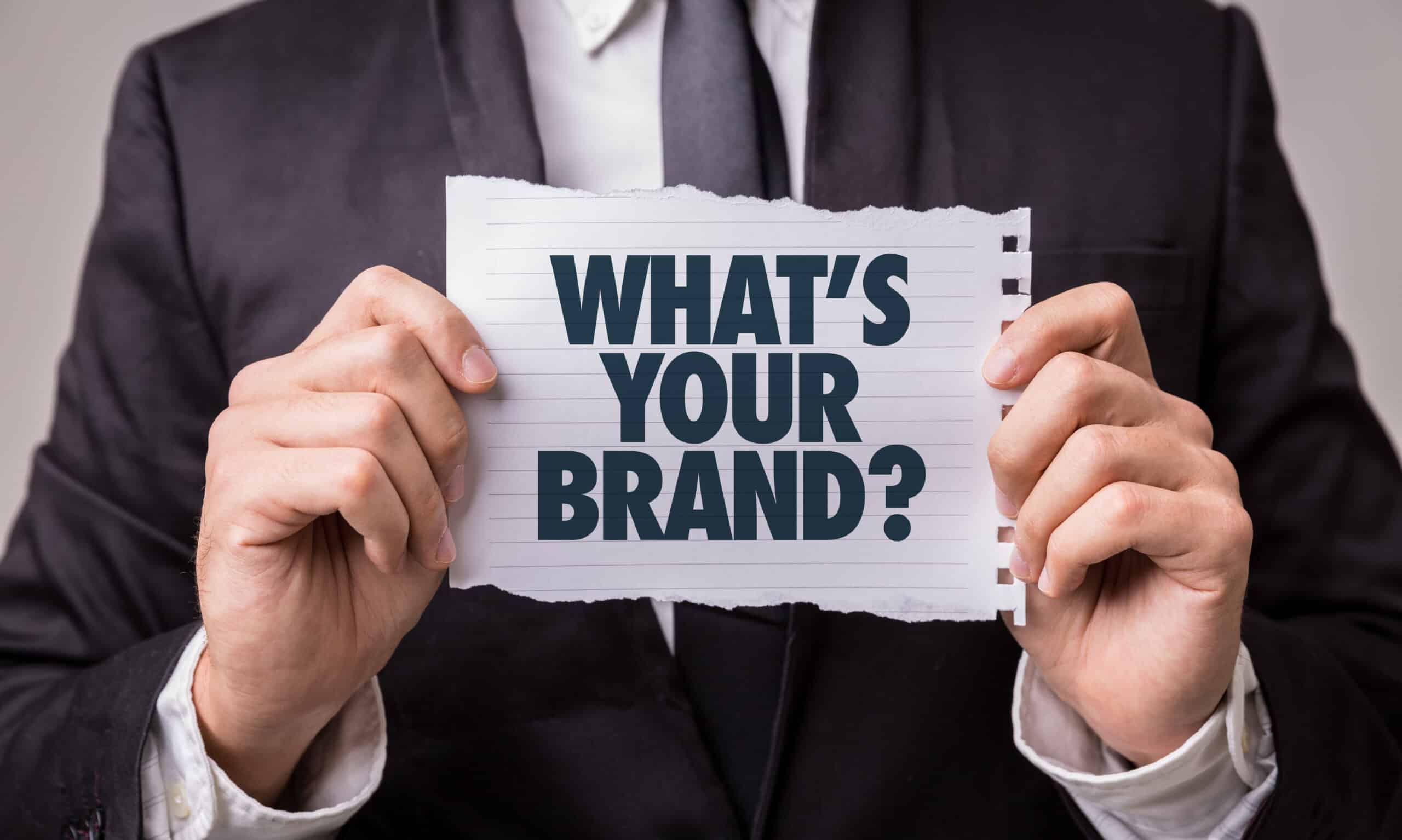Promotional items have long been an integral part of marketing strategies, playing a significant role in shaping brand identity and building lasting customer relationships. These seemingly simple giveaways pack a powerful punch when it comes to spreading brand awareness and fostering loyalty. In this article, we’ll explore how promotional items achieve these outcomes, the psychological factors at play, and examples of creative giveaways that help businesses stand out.
How Promotional Items Strengthen Brand Recognition
Promotional products are physical items branded with a company’s logo, slogan, or other identifying marks. They are distributed to create a lasting impression, often at trade shows, events, or as part of targeted campaigns.
Reinforcing Brand Recall
A well-placed logo on a frequently used item ensures that customers are exposed to your brand repeatedly. For example, a branded coffee mug used daily serves as a constant reminder of your business, keeping it top of mind when customers need a product or service you provide.
Affordable, Long-Term Marketing
Compared to traditional advertising channels like TV or digital ads, promotional items offer incredible value. They provide prolonged exposure at a one-time cost, making them one of the most cost-effective marketing tools.
Spreading Awareness Organically
When recipients use these items in public settings—such as carrying a branded tote bag to the grocery store or wearing a logoed hat—they become walking advertisements, promoting your brand to a wider audience without additional effort or expense.
The Psychological Influence of Free Branded Items
Humans have an intrinsic reaction to receiving gifts, even small ones, making promotional items a brilliant way to create emotional connections with customers.
Reciprocity Builds Relationships
When people receive something for free, they often feel compelled to reciprocate the gesture. This psychological principle of reciprocity works in favor of businesses, as customers are more likely to engage with or support a brand that has offered them a thoughtful gift.
Positive Emotional Experiences
Promotional items trigger goodwill when they are perceived as useful or high-quality. Receiving a sturdy reusable water bottle, for instance, fosters a sense of gratitude and associates the brand with a positive experience. These emotional ties can influence future purchasing decisions.
Enhanced Brand Retention
Tangible items are hard to ignore, unlike fleeting digital ads. Holding and using a physical object like a branded pen or notebook creates a tactile connection, further cementing the brand in a customer’s memory.
Fostering Customer Loyalty Through Promotional Products
Loyalty doesn’t happen overnight, but promotional items can accelerate the process by building trust and a sense of value.
Utility Matters
When a promotional item serves a purpose, customers are more likely to integrate it into their daily lives. Functional items such as planners, power banks, or reusable grocery bags hold utility, ensuring the brand stays visible and relevant.
Showcasing Thoughtfulness
Personalized gifts demonstrate that a business understands its audience. For instance, a fitness company gifting branded gym towels or a tech brand providing stylish laptop sleeves shows attention to detail and adds perceived value.
Encouraging Repeat Engagement
Promotional items can also drive action. For example, including a QR code on a branded notebook that links to exclusive content or discounts entices customers to re-engage with the business, solidifying their connection.
Unique Promotional Items That Differentiate Brands
Standing out in a crowded market requires creativity. Here are some innovative ideas for promotional products that resonate with customers:
Sustainability-Focused Items
Eco-conscious consumers appreciate items like bamboo straws, biodegradable pens, or reusable produce bags. These products reflect your commitment to sustainability while serving practical needs.
Technology-Driven Giveaways
Tech-savvy audiences are drawn to items like portable chargers, wireless earbuds, or phone grips. These products are not only relevant but also showcase your brand as forward-thinking and modern.
Seasonal and Themed Items
Brands that tailor their giveaways to the season or occasion create memorable connections. For instance, sunscreen and branded flip-flops in summer, or cozy scarves and thermos mugs during the winter months, make your brand feel timely and thoughtful.
Real-World Success Stories with Promotional Products
Coca-Cola’s Personalized Campaign
Coca-Cola revolutionized promotional marketing with their “Share a Coke” campaign. By customizing bottles with individual names, the brand created a sense of ownership and emotional attachment, sparking a global wave of engagement.
Patagonia’s Eco-Conscious Strategy
Outdoor brand Patagonia reinforces its eco-friendly mission by offering reusable tote bags and water bottles as part of its promotional campaigns. These items resonate deeply with environmentally conscious consumers.
Google’s Practical Tech Swag
Google’s tech giveaways, such as branded USB drives, cable organizers, and wireless chargers, align with their innovative image. These practical items ensure recipients associate the brand with everyday convenience and cutting-edge technology.
How to Choose the Perfect Promotional Item
- Understand Your Audience
It’s crucial to consider the preferences and needs of your target demographic. A tech brand may focus on accessories like power banks, while a fitness brand might opt for yoga mats. - Prioritize Quality
A well-made item reflects positively on your brand, while cheap, flimsy products can do more harm than good. - Add Practical Value
Choose items that people will use repeatedly, such as water bottles, tote bags, or planners. - Keep Branding Subtle
Overbearing logos can be off-putting. Opt for sleek, minimalist designs that integrate your branding tastefully.
Making Promotional Items Work in Competitive Markets
Promotional products are a versatile marketing tool, but creativity is key to ensuring they stand out. Some unique ideas include:
- DIY Kits: For example, an herb garden starter kit for food-related businesses.
- Experience-Driven Giveaways: Items like branded travel journals or adventure guides appeal to experience-seeking customers.
- Hybrid Virtual and Physical Swag: Pair physical gifts with digital perks, such as an eBook or discount code, for added value.
Conclusion
Beyond free merchandize promotional items are strategic tools that play a pivotal role in brand awareness and loyalty. By appealing to psychological principles, delivering utility, and showcasing creativity, businesses can leave lasting impressions on their audience. Thoughtful promotional products help brands transcend mere recognition, fostering genuine connections that inspire customer loyalty and advocacy.



